If you’re thinking about hitting the road in an RV full-time, you’re probably wondering what it really costs. Lots of blogs show people living life on the move, but there’s so much more to it than simply buying an RV and driving off into the sunset.
Since we have been enjoying full-time RV living since 2008, we have lots of experience to asssist you in adopting the lifestyle, too.
IUn this writing, I’m going to break down all the big and small cost components, using real-world examples and some cost-saving tricks I’ve picked up along the way. This eye-opening look at RV finances should help you plan out your own adventure with confidence.
Main Day to Day Expenses of Full Time RV Living
Living in your RV full time means some expenses stick around wherever the road takes you. Things like campground fees, fuel, food, and ongoing maintenance all add up. These core costs really affect monthly budgets for most folks who are always on the go.
Campground costs can vary a lot. Some folks prefer boondocking, which means camping off the grid, usually for free or really cheap. Sites like Bureau of Land Management land, Core of Engineer RV parks, or National Forests are great for this. On the other side, upscale campgrounds with all the hookups and extras can set you back $30 to $100 a night.
If you like a mix, your cost will land somewhere in between. Monthly campground memberships or club discounts usually pay for themselves fast. Thousand Trails or Passport America are popular options for cutting your bills.
Fuel is another big piece of the budget. Gas or diesel prices really matter, especially with large Class A or Class C motorhomes. How much you spend depends on how often you move. If you roll across lots of states or love hitting mountain passes, your fuel tab will climb. Staying put for a week or two keeps that cost much lower. Keeping an eye out for fuel reward apps or traveling shorter distances can make a real difference.
Groceries and food costs can look about the same as they would in a regular house, except you might cook more meals at camp. Still, it’s hard to pass up the chance to try a new diner, enjoy food trucks, or sample the local fare as you travel. At our current RV resort stop, a food truck hamburger runs $13. That kind of expense can add up fast versus making a burger at the RV!
Budgeting a little extra for local eating means you don’t have to stress about occasional treats or spontaneous nights out. Many RVers also hit up local farmers markets, which gives you new flavors and supports small businesses on your route.
Maintenance is something people often forget. It’s not just oil changes, you’ll be swapping out tires, resealing the roof, fixing appliances, and buying random gear to solve problems as they pop up. While many full-timers learn to do some repairs themselves, others need regular visits to a shop. Either way, putting together a repair fund is a smart move to avoid headaches when the unexpected happens.
Don’t overlook the cost of laundry and household supplies, either. Many private campgrounds offer laundry rooms, but they charge per load. Things like RV toilet paper, cleaning supplies, and routine restocking add up over the months. Plan for these small but necessary purchases to get a realistic picture of what you’ll spend.
Initial Setup Costs and RV Purchase Choices
The price tag on your home on wheels is a big chunk of your adventure’s investment. Brand-new Class A motorhomes can run north of $200,000, while reliable used travel trailers can be had for less than $15,000. Your choice depends on how much space you want, your must-have features, and how you picture your travels.
Before you sign, I recommend renting a few different types of rigs or heading to RV shows. Getting a real feel for what suits you prevents a case of buyer regret down the road.
Once you’ve picked your RV, you’ll likely need some extra gear right away. Solar panels, water filters, surge protectors, and better batteries can all give a real boost to comfort and help cut down on costs as you travel.
Don’t forget leveling blocks or chocks; these are small buys that make a huge difference for comfort and safety. Some folks add Wi-Fi boosters, residential fridges, or smart thermostats to feel more at home. While not strictly necessary, they can make RV life smoother, especially if you work remotely or travel with a family.
Licensing, registration, and RV insurance bring extra up-front expenses. Fees change by state, and full-time policies are different from weekend warrior plans since your RV is now your main residence. Insurance costs go up for newer, fancier rigs and come down for older, smaller ones. With financing, most banks require comprehensive coverage so don’t forget to factor this into your early costs.
Personal touches like bedding, dishes, and hiking gear add up too. If you’re starting from scratch, expect the first few shopping trips to be on the bigger side. Making a checklist helps prevent overbuying or forgetting must-haves before your launch day.
Monthly Utility Bills: Internet, Electricity, Water, and Propane
Utility bills change monthly, but they’re definitely part of the cost stack for full time RVers.
Internet is super important if you work as you travel or love streaming shows. Most people use hotspot plans plus signal boosters or antennas to get reliable connections. Verizon, AT&T, and T Mobile have plans ranging from $50 to $130 per month, depending on how much you need.
Starlink is earning rave reviews for remote places, but the up-front and monthly prices are heftier. Weigh how vital reliable connections are for your ride before investing. At the time of this writing, a fully mobile plan runs $165 pre month.
Electricity is sometimes included at top RV parks. At others, you might pay by the kilowatt if you stay a month or more. If you boondock often, investing in solar panels and lithium batteries means almost free power once you break even, while generators offer short bursts if you’re ok with the noise and gas cost.
Propane powers things like the stove, fridge (in some setups), and heat. In cool months, expect higher use and bills ranging from $30 to $80 monthly. Refilling on the go is easy at most truck stops or hardware stores, but it’s a recurring bill to factor in, especially in winter.
Water and sewer hookups are standard at most campgrounds, but if you stay off-grid, you’ll need to fill up at service stations. Dumping waste on the road can cost a few bucks, especially if you’re not staying at a campground. Some truck stops and gas stations let you pay per use.
Insurance, Health, and Mail Services for Road Life
Insurance and healthcare are both crucial when you’re traveling full time. Standard health insurance might not cover you everywhere, so many hit the road with national plans, travel insurance, or health share groups. Look up your provider network and figure out what options let you visit doctors nationwide.
Quick urgent care visits are common, but if you need specialists or prescriptions, having a plan ahead of time pays off. Some RVers even schedule yearly checkups in their home state to keep things straightforward.
RV insurance is different than car insurance, since it covers your home, not just your ride. Look for policies that cover liability, theft, personal property, fire, and all kinds of weather damage, hail and floods included. Roadside assistance and towing can be life savers if you break down miles from a city, so consider adding them for peace of mind.
Mail forwarding services help you stay connected to bills, packages, and legal documents while you’re on the go. Services like Escapees and Traveling Mailbox not only forward your mail but also give you a physical address, making things like registering your RV or getting a driver’s license much easier.
We have been using the mail service provided with a membership to Passport America since 2010.
States like Florida and South Dakota are friendly to mail forwarding for residency, making it a popular choice for thousands. Most services charge a reasonable monthly fee based on mail volume and how many scans or packages you need handled.
Hidden and Unexpected Expenses: Stuff People Overlook
Sometimes the hits to your budget come from things you never planned for. I found out after my first year on the road that toll roads, scenic byways, or park entrance fees can rack up costs quickly. Many iconic national parks also charge reservation fees or add-ons for premium sites and holidays.
If you’re downsizing from a house to an RV, storage units might also sneak onto the list. Maybe you want to keep family heirlooms, files, or adventure gear that just won’t fit in an RV. Rates for storage depend on location and size but expect to pay extra for climate control or 24 hour access. If you’re on a tight budget, think through what items you really need and downsize as much as possible.
Warranties and extended service contracts can sound expensive at first, but I’ve seen them save friends thousands on major repairs. Older RVs are more likely to have things break, so putting aside a small “rainy day” fund or shopping for warranties is a practical idea. Even well maintained RVs have surprise costs. Expect the unplanned and you’ll handle it easier.
Entertainment and fun are also easy to overlook when budgeting. National park passes, tours, kayak rentals, concerts, and unique souvenirs all add joy to the adventure. To avoid feeling guilty about spending, I recommend having a “fun fund” and set aside a bit each month for treats and spontaneous adventures as you roll.
Finally, don’t forget the cost of pets if you’re traveling with them! Vet visits, extra cleaning, pet deposits at campgrounds, and boarding while you do excursions can all add up. Having an emergency stash for your furry friends is a smart move.
Ways to Save and Smart Budgeting Tips
Full time RVing can work just as well on a shoestring as it can as a luxe lifestyle. Dry camping and boondocking can trim your campground bills to nearly nothing, especially if you check apps and websites that list free spots.
Fuel and grocery rewards programs, couponing, and buying local produce can also help keep everyday spending in check. Cooking at home more often leaves extra room in the budget for unique experiences wherever you stop.
Many full-time RVers keep their costs sustainable by working on the road. Remote jobs, seasonal gigs at campgrounds, creating and selling crafts, or running an online business all let you put your skills to use wherever you are.
The gig economy has opened up tons of side hustles that work well with RV travel. Volunteering or camp hosting can also trade your time for a free campsite, which saves a major chunk every month. If you want to keep traveling long term, finding ways to earn as you go is a huge plus.
Tracking your spending is key. A simple spreadsheet or a free app does the trick; I like to review my expenses every payday so I don’t end up with budget surprises. Checking in regularly lets you spot trends, trim waste, and prepare for bigger expenses down the line. If you’re traveling with a spouse or family, try making budget reviews a team project. Everyone’s input helps the bottom line.
Look for community forums or Facebook groups where RVers share coupon codes, tips, and favorite low cost destinations. You’ll stumble upon priceless advice and sometimes find travel buddies to split costs along the way. The community is friendly and always ready to swap ideas.
Frequently Asked Questions
How much does full time RV living usually cost per month?
Most people see totals between $2,000 and $4,000 per month, but your lifestyle and how much you travel can change this a lot. A mix of campground costs, fuel, groceries, and maintenance make up the biggest parts of the budget.
Is it cheaper to live in an RV full time than a house?
It can be, especially if you’re good about keeping costs low with free camping or simple travel habits. Some people spend more on fuel and fun than they would with a fixed home, so it depends on your travel style and spending habits.
Are there ways to save money on health insurance while living on the road?
Some RVers use health share plans, national coverage, or marketplace plans available in certain states that work nationwide. Research and compare before leaving your current plan so you don’t get stuck with gaps in coverage.
What is the best way to handle mail and residency?
Mail forwarding services cover both needs for most RVers. They give you a real street address, handle your packages, and help with voter registration or residency paperwork if you want to change your domicile. Check out Passport America’s mail forward service!
Do you need special licenses or insurance?
Larger rigs may need special driver’s licenses in some states. Insurance is specific to full time RV living, covering more than just the rig: personal belongings and liability as well. Check what your home state requires.
What about internet for working remotely?
Cell plans with unlimited data, mobile hotspots, and products like Starlink are popular. Investing in the right setup depends on how important high-speed and reliable connections are for your needs.
Final Thoughts
Full time RV living comes with a balance of predictable bills and a few wild cards. Thoughtful spending, planning for unexpected events, and flexibility in your budget make this adventure more enjoyable. The freedom and experiences the road brings are worth every penny. Just remember to plan ahead and keep rolling toward your next stop. Safe travels!
____________________________________________
If you want to learn more about life on the road, click here.
I always love hearing questions or reading comments, so reach out before you check out some of the other guides on our site.
Having rock solid RV internet is really important for staying connected as you travel. I cover more tips about this on this page if you’re interested.
If you have a passion or a skill, starting an online business can help fund your adventures on the road, I’d love to help you get started. Check out some resources on our site for turning what you love into a mobile business income.

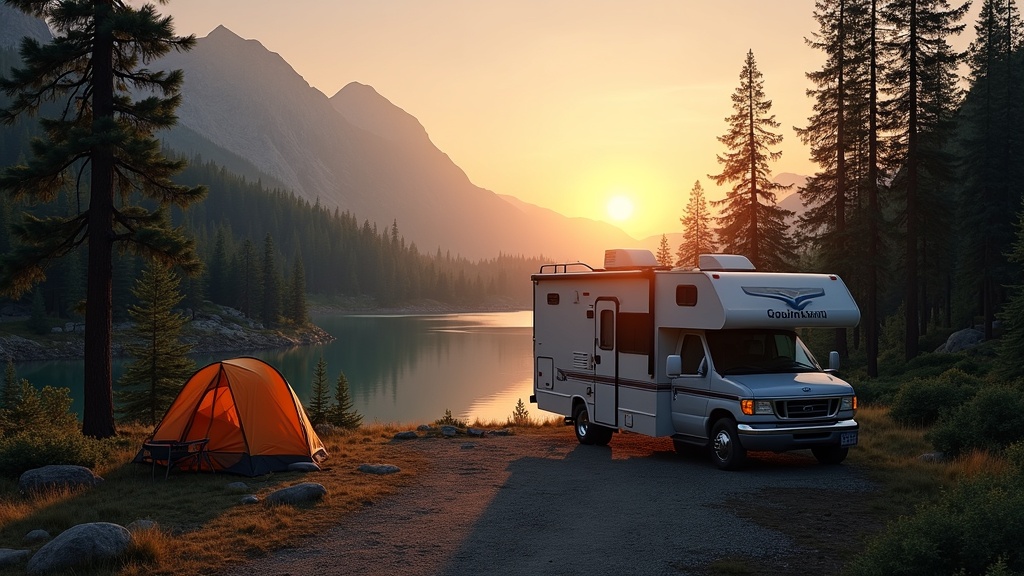
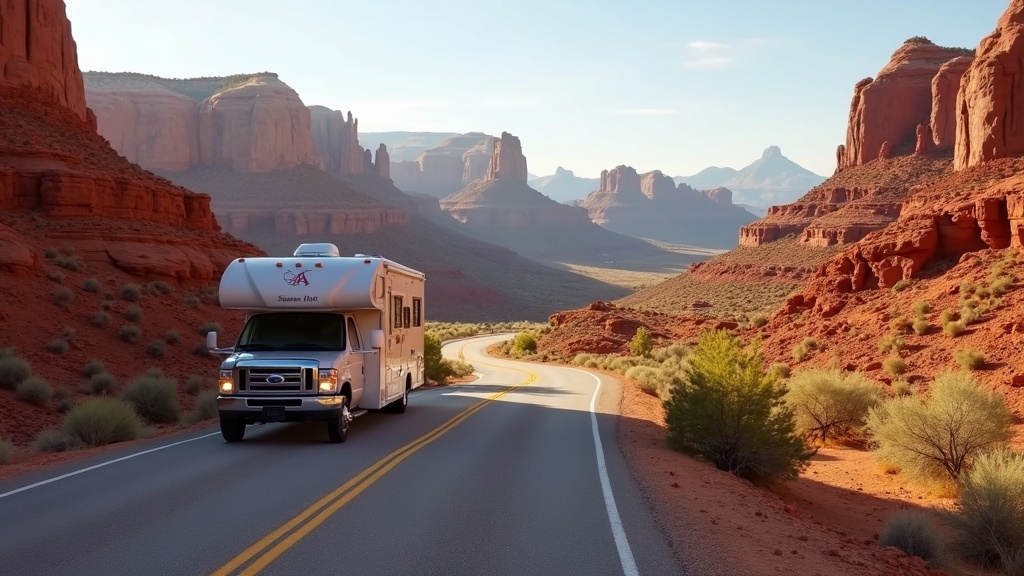
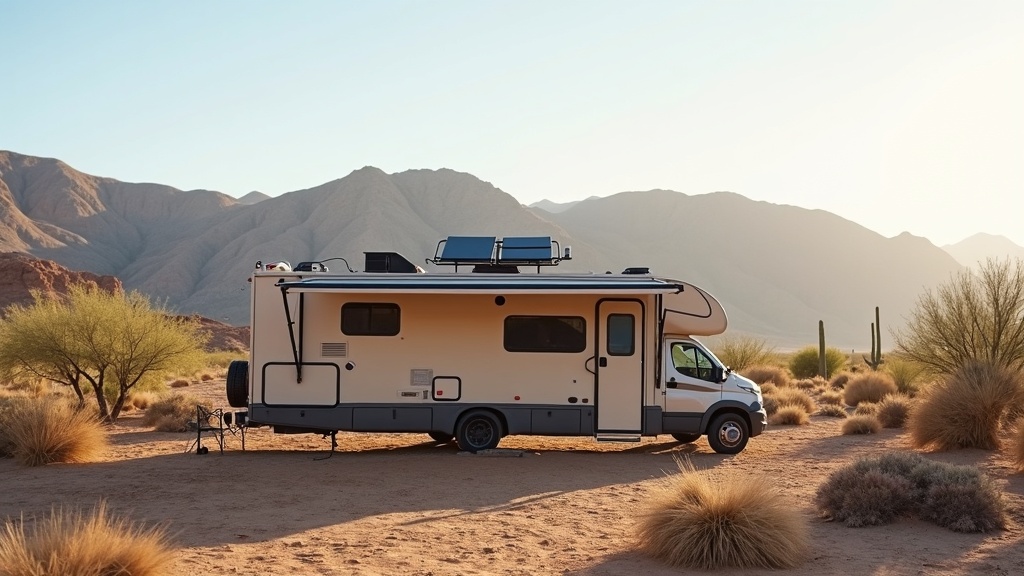

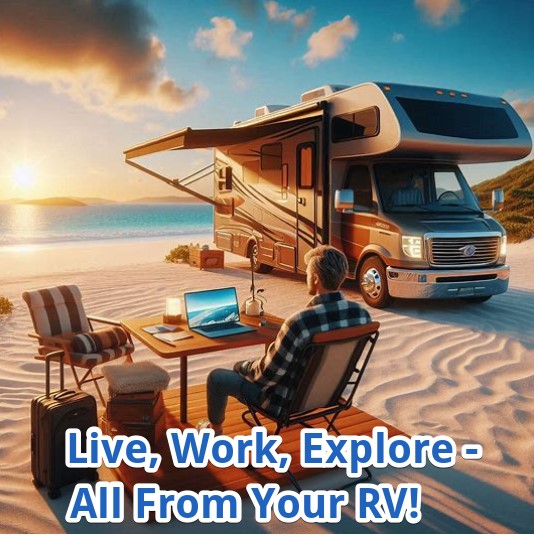
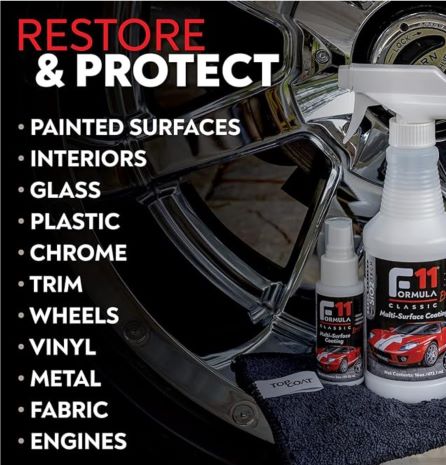
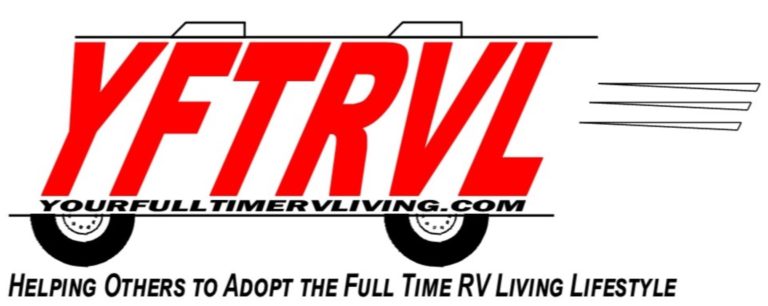



Recent Comments